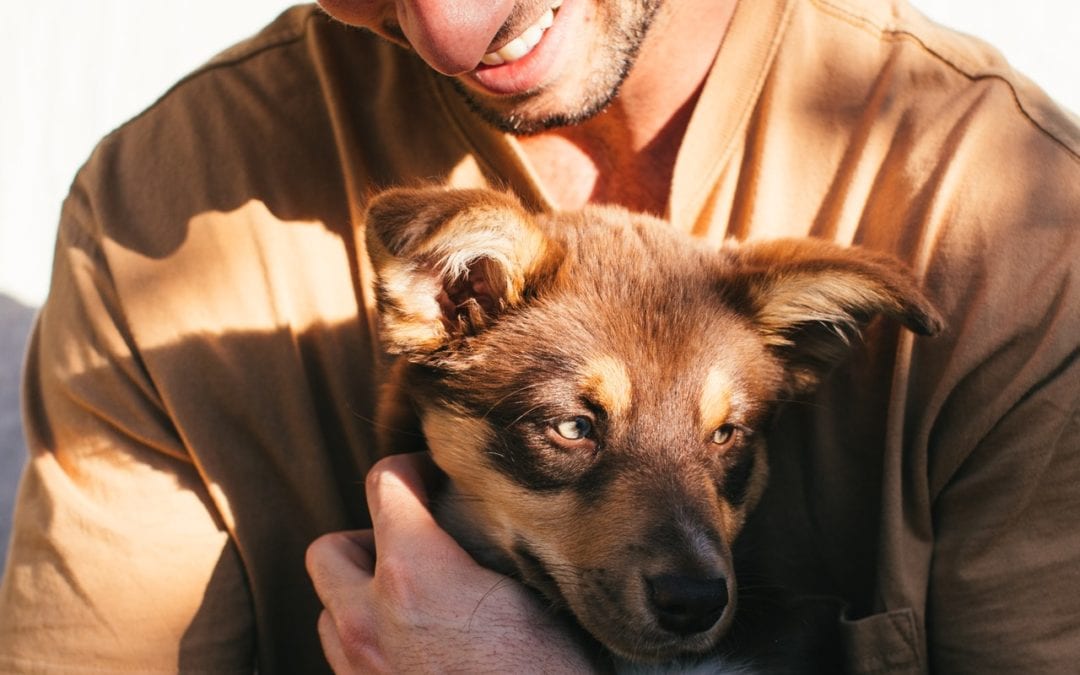When you picture an adorable pooch or puppy, you often imagine them bolting around, tails wagging, ears perked up, excited to be adventuring. However, as much as we like to see a content canine, we have to know when they’re feeling a little under the weather. In some cases, our four-legged friends can experience anxiety much like we do. Not sure what signs to look out for? Our team at Mountain Lake Family Vet has put together a list of potential anxiety signals with some relief tips.
Anxiety signs in dogs
Anxiety signs in dogs can be subtle. If your pet is in a situation that could trigger anxiety, such as hearing a thunderstorm, going for a car ride, or meeting new people, watch for the following signs:
- Shaking
- Vocalization
- Aggression
- Destruction
- Excessive panting or drooling
- Seeking comfort or hiding
- Inappropriate elimination
- Excessive licking or chewing
- Hyperactivity
How to soothe anxiety in your dog
Depending on what triggers your pet’s anxiety, some management methods may be more effective than others. However, a multimodal treatment plan generally works best. If you notice anxiety issues in your four-legged friend, try a combination of the following steps:
- Stick to a schedule — Sudden changes in schedule, such as if you return to your office after working from home, can cause increased anxiety in your dog. Try to maintain the same daily schedule.
- Create a safe space — If strangers visit or a thunderstorm rolls in, your dog will appreciate having a safe space to retreat to that’s outfitted with a cozy bed and plenty of long-lasting treats.
- Remove your dog’s anxiety triggers — If your dog becomes increasingly agitated as people walk past your window, block their access. Removing anxiety triggers inside and outside your home can help calm your pet.
- Exercise with your dog — A bored dog is more prone to behavior issues like anxiety. Daily mental and physical exercise will help tire out your pet and give their mind something else to focus on.
Does your furry pal suffer from anxiety, whether it’s caused by storms, separation, or life in general? If so, don’t wait another minute. Contact our team to schedule a behavior consultation to get your pet relief.

